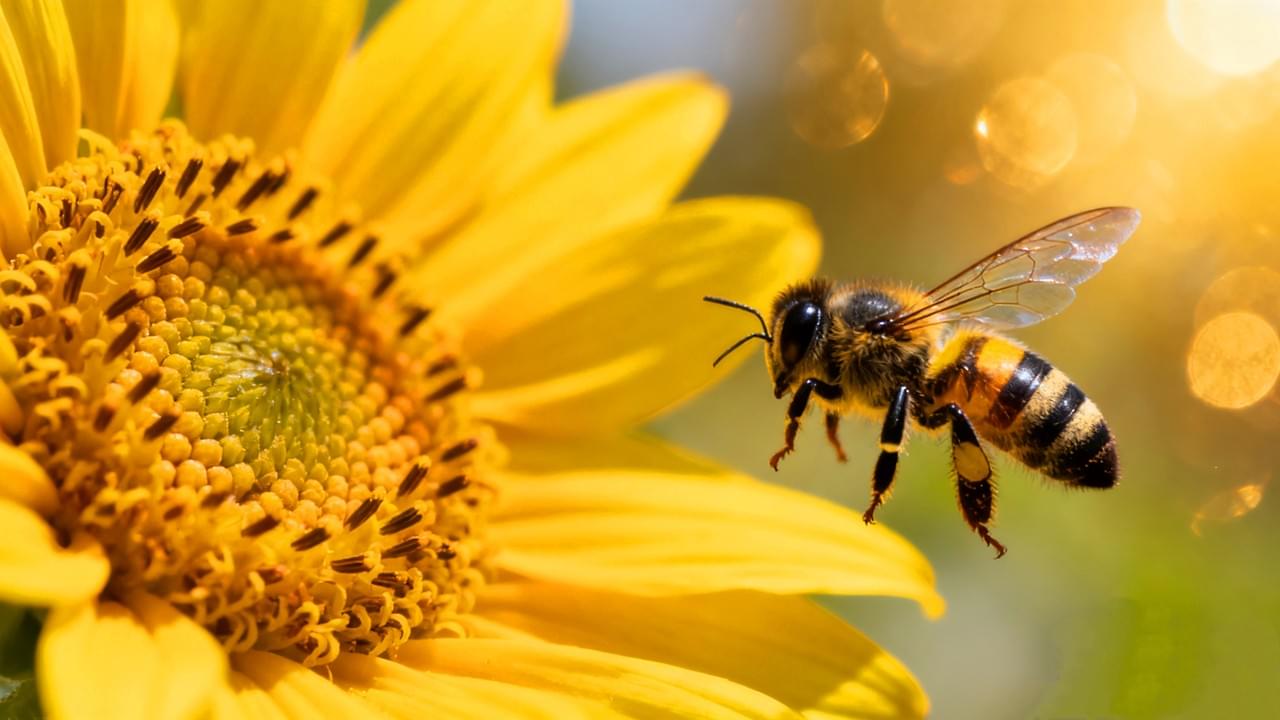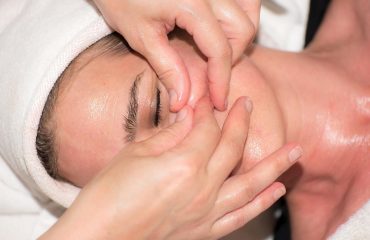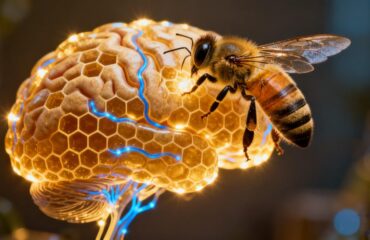If you’re seeking a natural way to firm and revitalise your skin, the concept of bee venom collagen may intrigue you. In this post we dive into how bee venom acts as a natural collagen booster and what that means for skin elasticity. We’ll explore the science, benefits, how to choose products, and what to watch out for—so that you can consider whether bee-derived skincare fits your routine.
What Is Bee Venom and How It Works on Skin
Bee venom is a bio-active substance harvested from honeybees that contains peptides like melittin, enzymes, and amines. Studies have shown that topical application of bee venom leads to increased collagen protein synthesis and improved dermal structure.
In terms of the mechanism, bee venom triggers micro-circulatory stimulation and a mild “sting-reaction” that encourages fibroblast activation and collagen production.
Because the skin’s own collagen framework is the foundation of firmness and elasticity, introducing an ingredient that stimulates that process is compelling.
How Bee Venom Collagen Enhances Skin Elasticity
The synergy of bee venom with your skin’s architecture is reflected in several key benefits:
1. Stimulating Collagen Synthesis
Research shows bee venom elevates levels of Col1a1 and Col3a1 gene expression (the types of collagen found in skin) and increases hydroxyproline and hyaluronic acid content in dermal tissue. This supports the idea of a natural collagen booster bees-derived.
2. Enhancing Micro-circulation and Cell Renewal
Better blood flow means more nutrients and oxygen to skin cells; bee venom has been shown to increase circulation and accelerate cell turnover.
3. Minimising Wrinkles and Improving Texture
Clinical trials on bee-venom serums report visible reductions in wrinkle depth, wrinkle count and improved elasticity in photodamaged skin.
4. Supporting Elasticity via Anti-Diversion of Collagen
By reducing the activity of matrix metalloproteinases (MMPs) which degrade collagen under UV stress, bee venom helps protect the skin’s connective tissue.
Why Choose Bee Venom Skincare Products (and Use Them Smartly)
When selecting an effective bee venom skincare product, consider the following:
- Look for formulations that mention bee venom collagen activation, or list bee venom (apamin/melittin) alongside collagen-supporting ingredients like hyaluronic acid or peptides.
- Prefer products from reputable brands that test for purity and allergic safety. Since bee venom is a potent bio-active agent, patch-testing is advised.
- Incorporate the product into a consistent routine: after cleansing and before moisturiser, ideally at night when renewal is active.
- Understand that results come over time; the clinical evidence suggests visible changes often after 8-12 weeks of regular use.
By integrating these steps, you’re not just using another anti-ageing cream—you’re tapping into the mechanism of bee venom collagen to enhance your skin’s resilience and bounce.
Important Safety and Practical Considerations
While the concept of bee venom for skin elasticity is exciting, safety must not be overlooked.
- Bee venom can provoke allergic reactions—including anaphylaxis in rare cases—so anyone with bee sting allergies should avoid this ingredient or consult a dermatologist.
- Use only topical products labelled for cosmetic use; avoid DIY treatments that might deliver uncontrolled doses.
- Introduce the product gradually into your routine. Monitor skin for redness, itching or irritation—especially since bee venom is a bio-active peptide mixture.
- For full skin health benefits, pair bee venom-based skincare with sun protection, adequate sleep, balanced diet and hydration—because collagen production requires holistic support.
How to Amplify Results with Complementary Skincare Strategies
To maximise the benefits of honey-derived bee venom collagen stimulation, combine it with:
- A gentle exfoliating regime to help new collagen fibres integrate and support better texture.
- Antioxidants such as vitamin C which boost fibroblast activity and protect against free-radical damage.
- A quality night cream to support skin’s overnight regeneration phase when collagen synthesis is most active.
- Lifestyle habits: good sleep, minimal stress, healthy diet rich in protein and zinc—all support natural collagen production.
By viewing bee venom collagen as part of a broader skin-wellness ecosystem, you’ll see more consistent, lasting results.
Is Bee Venom Collagen Right for You?
If your goal is to restore firmness, renew elasticity and embrace a more youthful skin tone via nature-inspired science, then the concept of bee venom collagen is worth exploring. The research supports its capacity to boost fibroblast output, enhance circulation and reduce visible signs of aging—while being more subtle and naturally aligned than invasive procedures.
That said, treat it with the respect any potent skincare ingredient deserves: pick a trusted brand, perform patch-tests, and ensure your overall routine supports healthy collagen synthesis. When used wisely, bee venom-infused skincare offers a compelling natural anti-ageing direction that lifts not just your skin, but your confidence in how you care for it.



